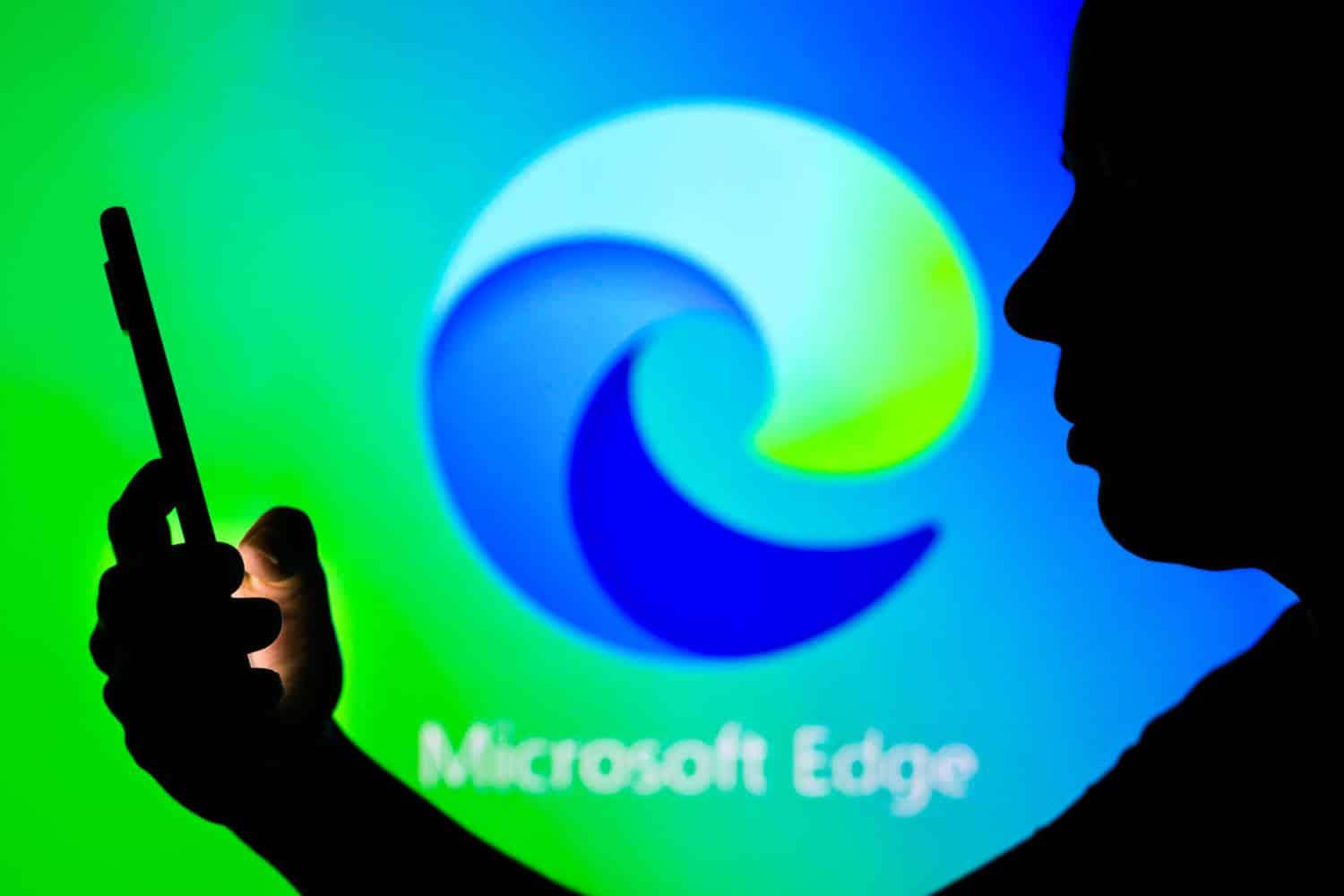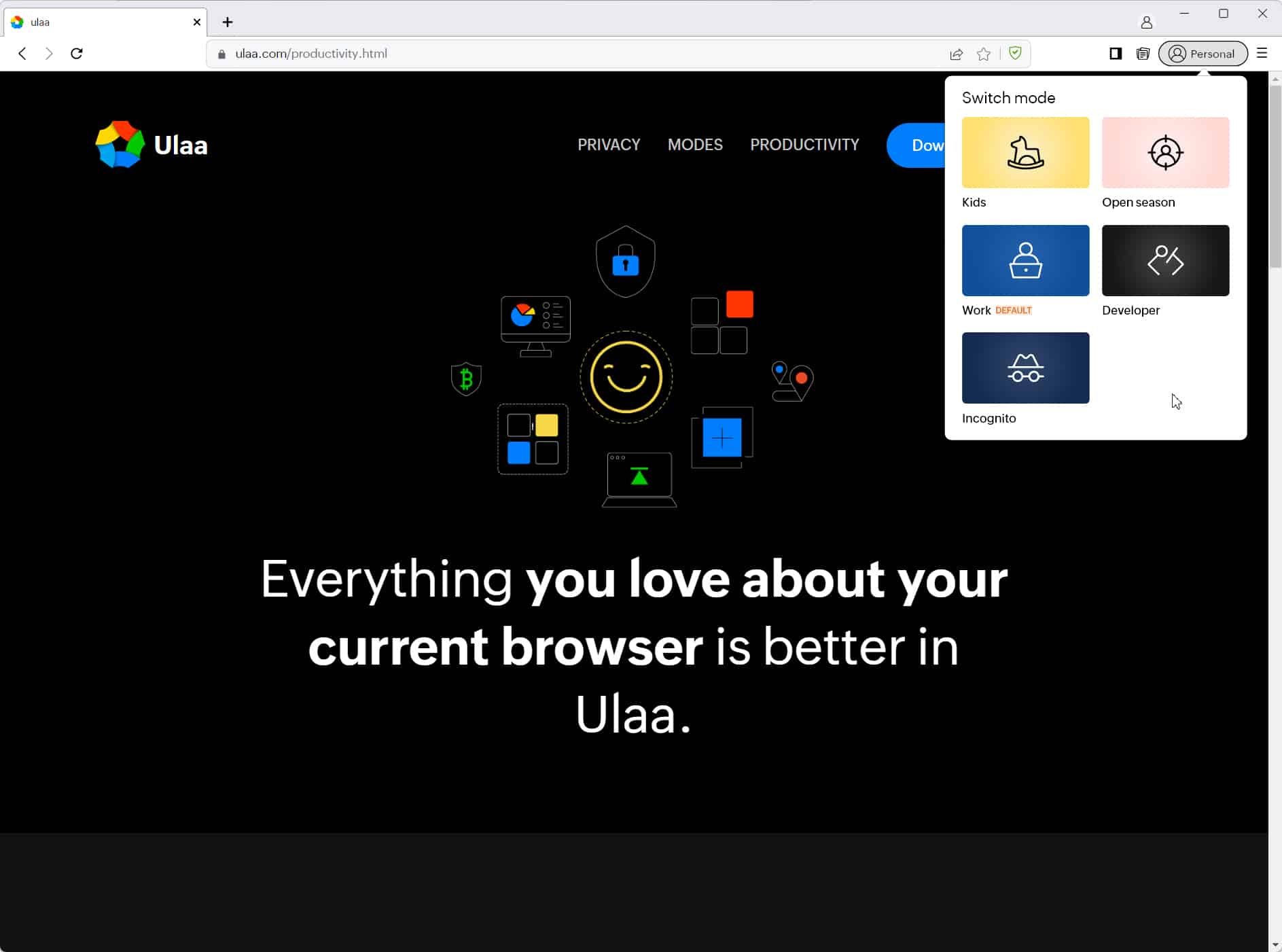
Avoid Threads if you value your privacy
The arrival of Threads this week saw Meta taking another step into the social arena with its Twitter clone. There have been lots of entirely understandable concerns voiced about Twitter recently, particularly in light of the chaotic impact of Elon Musk, and this has led to swathes of disgruntled and worried users switching allegiances and joining the likes of Bluesky, Mastodon and, now, Threads.
Whether jumping ship, leaving Twitter and signing up for Threads makes sense very much depends on your reason for doing so. If privacy is your main concern, for instance, there is little -- if anything -- to be gained. Coming from the same stables as Facebook, the fact that Threads sucks up personal data should surprise no one, but the sheer volume and range of what it collects is slightly breath-taking.

Microsoft Edge now blocks spam notifications on the sites you visit
Notifications can be useful, but all too often they are used by websites to spam people. To help protect users against such irritations, Microsoft has announced new notification blocking for its Edge browser.
The company says it is aware that website notifications may not only be annoying, but can be misleading or even dangerous. The aim in block spammy notifications is to not only offer protection to users of Microsoft Edge, but also to help them to get the most out of notifications.

Majority of Brits are concerned about their digital identity and take steps to protect it
A new study of over 1,200 members of the UK public shows that 72 percent of respondents say they are concerned about the privacy of their digital identity, while 75 percent are concerned that the mobile apps they have are utilizing data to track their online and, sometimes, offline activity.
Perhaps more significant though is that 81 percent of people have bothered to read the small print and then decided to actively deny the permissions that an app is hoping to be given.

Consumers want personalized experience but worry about sharing the data that drives it
European consumers want the personal touch in marketing communications, but are reluctant about sharing the data that enables it.
A new report, from customer engagement platform Twilo, shows 51 percent of European consumers say they will become repeat buyers after a good personalized experience, while 49 percent will tell a friend or family member, and 33 percent will become a member of the brand's loyalty program for deals and rewards.

Tor Browser 12.5 released with updated circuit display and promise of better connection experience
The Tor Project has announced the release of Tor Browser 12.5 for Windows (both 32-bit and 64-bit), macOS, Linux, and Android. The Firefox variant provides privacy conscious users with a means of accessing the internet through the open Tor network, designed to reduce the visibility of users online.
Tor Browser 12.5 introduces some major changes to the program, including an updated circuit display, new onion site icons and the promise of both better accessibility and a more user-friendly connection experience.

Between a rock and a hard place: Privacy vs Personalization
A survey by Deloitte reveals that as many as 79 percent of people are ready to share their data if they see obvious value in doing so. However, people also need to know that their data privacy is taken seriously. For companies at the cutting edge of personalization in technology and marketing, this means reassuring customers that their data will be kept safe and used transparently and for their own benefit.
While personalization and privacy may seem diametrically opposed, it is possible for businesses to achieve both and prosper. We can compare the privacy versus personalization dilemma with the legendary myth from Homer’s Odyssey, Scylla and Charybdis. These two sea monsters presented a perilous choice to our hero Odysseus, who needed to creatively navigate a route between the two. In the same way, businesses must carefully maneuver between the need for privacy and an ever-deeper demand for customized services.

77 percent of UK citizens are concerned about online privacy
A new survey shows that 77 percent of people in the UK are concerned about the privacy of their data online, but 15 percent don't do anything at all to protect themselves online.
The study, carried out for Proton by YouGov, reveals concern is even greater among those who have been a victim of a hack, or know someone who has.

Proton launches a family privacy and security plan
Online security and privacy can be difficult to achieve in a household environment, with different people using a range of devices. Proton, the company behind a number of privacy-focused services like Proton Mail and Proton VPN, may have the answer with the launch of a new family plan.
Proton Family offers an all-in-one digital security and privacy solution designed for families. The plan offers up to six family members access to Proton's premium services and features, including end-to-end encryption for emails, calendars, file storage, password management, and VPN protection.

Exposed: Understanding the threat of digital spying & stalkerware
The global market for commercial spyware is currently estimated at around $12 billion, which over the last 10 years has seen 80 countries purchase the technology. Spyware is used for a range of purposes, allowing operators to gain remote access to devices from across the world. Once a device becomes infected, the perpetrator gains complete control of the device, which can mean unfettered access to messages, audio calls, photos, and remote access to cameras and microphones.
What’s worrying is spyware is becoming accessible even to users lacking advanced tech skills. Cheaper, more rudimentary forms of spyware like stalkerware exist. Stalkerware can be particularly intrusive and abusive as it must be physically installed, meaning attackers need direct access to which ever device they try to infiltrate. In this article, we will expose the threat from digital spying and stalking, and how to maximize protection.

Google is gearing up for the general availability of Privacy Sandbox APIs in Chrome
Google has been busy working on Privacy Sandbox for some time, and now the company is ready to unleash some of its tools on the public.
Starting with Chrome 115, Google says that it will be making the Privacy Sandbox relevance and measurement APIs available to all users of the browser. The move gives developers a better chance to work with the APIs, and is part of Google’s drive to deprecating third-party cookies in Chrome in the second half of next year.

Brave is gaining 'Forgetful Browsing' to dramatically improve online privacy protection
Web browser Brave has long had a focus on privacy, making it the browser of choice for those with concerns about online tracking and the like. Although Brave may be regarded as one of the most private browsers available, its developers continue to work on new innovations; the latest is Forgetful Browsing.
This new feature makes it possible to always clear cookies and other storage when a site is closed, helping to eliminate the potential for tracking and bringing other benefits. Forgetful Browsing can be enabled on a site-by-site basis, or applied across the board, and it prevents sites from using trackers to identify you, bypasses article viewing limits, and ensures that you are logged out of sites when you leave them.

The rise of biometrics for identity verification [Q&A]
As the world increasingly moves away from relying solely on passwords for identity verification, the focus is on alternative technologies. Whether that is passkeys, biometrics or other options, each has its own advantages and adherents.
Ricardo Amper, CEO and founder of next-generation identity verification solution provider Incode, sees biometrics as the key to eliminating discrimination and to creating a world of greater trust. We spoke to him to find out more.

Twitter admits a 'security incident' allowed private Circles messages to be seen by anyone
Following numerous complaints from users concerned that the Circles feature of Twitter was broken, the company has conceded that tweets that were supposed to be visible to only a select number of people were in fact accessible by anyone.
The idea of Twitter Circles is that messages can be seen only by people who have been added to a Circle. But Twitter has now revealed "a security incident that occurred earlier this year" that ignored privacy settings.

Zoho launches Ulaa, a free privacy-focused web browser for Windows, iOS and Android
Built to specifically address the growing concerns over online privacy, Zoho has launched Ulaa, a privacy-focused browser that comes equipped with pre-installed tools capable of blocking tracking and website surveillance.
Ulaa (a word derived from the Tamil language that means journey or voyage) offers customization options, built-in browser modes, and integrated productivity tools, while ensuring that user data remains confidential. Additionally, users can synchronize their browsing sessions between devices -- whether an entire browser window or a single tab -- enabling seamless use of multiple devices within the same browsing session.

Why customers are reluctant to share data online and what you can do about it [Q&A]
Brands are increasingly focussed on providing a good digital experience for their customers, yet many people remain reluctant to share their information with websites.
What are the reasons behind this reluctance? And what can enterprises do to overcome it? We talked to Josh Koenig, co-founder and chief strategy officer at SaaS web platform Pantheon, to find out.
